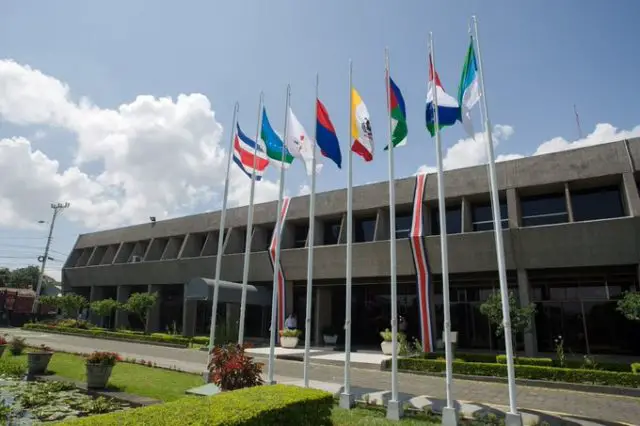
Citizens closed ranks with democracy to battle the Coronavirus pandemic; the image of public institutions also improved in the emergency. Costa Rican support for democracy has now reached its highest point since 1987.
The index of support for the political system reached 76 points, on a scale of 0 to 100.
This was stated in the most recent survey by the Center for Research and Political Studies (CIEP) of the University of Costa Rica (UCR).
In the previous study, carried out in October 2019, democracy received the support of 58 points,
a rating similar to the average of the last 20 years, but lower than the levels prior to 1999.
While the Coronavirus shock did not find the system’s reserve of legitimacy at its highest levels, empirical evidence shows that the Coronavirus
became a trigger, mobilizing the reserve in the direction of strengthening citizens’ belief in democracy.
”indicates the CIEP analysis. The investigation explains that “in other words, citizens closed ranks with democracy to fight the Pandemic.”
Furthermore, the survey showed that there were no differences in the levels of support between different sectors of the population, which shows that the increase was not only by some social groups.
According to CIEP, before the survey, the outlook was not encouraging, as it was believed that a negative response from people to the restrictions on freedoms and rights that had to be imposed by the health crisis was more likely.
In the last two decades, support for democracy in the country has been declining.However, the study indicates that Costa Rica has the highest level of support for democracy of all the countries studied in the Americas.
The study adds that Costa Ricans also closed ranks in support of democracy during the economic crisis of the 1980s and the military conflicts in the region.
“The aforementioned reduction trend (of the last 20 years)contrasts with the twenty years that elapsed between 1978 and 1998, in which the country reported higher levels of adherence to democracy.
Back then, the country experienced a severe economic crisis and was being impacted by the political-military conflicts in Central America, ” says the report.
The survey was fed by 1,042 telephone interviews with adults,
carried out between April 13th to 22nd. CIEP estimates a margin of error of three percentage points. In the section on democracy,
each person surveyed was asked five questions about their perception of the Courts of Justice, their level of respect for the institutions,
to what extent they believe that basic rights are protected by the political system, how proud they are. How they feel living under this system, and to what extent do they think it should be supported.
Image of institutions also improves
Along with support for democracy, the perception of public institutions also increased since the last survey. The best-rated by the interviewees were the entities in charge of managing the Pandemic.
First place went to the Ministry of Health, an institution that is not usually evaluated in surveys, but has recently gained media presence by being at the forefront of the emergency, since the first contagion of the novel Coronavirus in the country was confirmed on March 6th.
On a scale of 1 to 10, it received a rating of 8.9.
Among the best rated are also the National Emergency Commission (CNE), with 8.6; the University of Costa Rica (UCR), with 8.6; and the Costa Rican Social Security Fund (CCSS) which went from 6.3 in November to 8.5 in this report.
The CIEP affirms that these data reverse the results of the last analysis of the previous year, which “gave symptoms of a crisis of legitimacy”.
“The data allows us to observe that there has been a rebound in trust in public institutions on the part of the citizenry, which is possibly permeated by the management of the Coronavirus crisis,
since the sanitary measures taken by the institutional scaffolding, compared to the Pandemic, have served as reinforcer of attitudes and support for democracy”, the study points out.
Likewise, it increased the perception that Costa Rica is a free and democratic country, peaceful, and protector of nature.
These concepts, according to the study, help to understand the national political identity.
“No matter how close or far this is from reality, the assumption of civic freedom has had and continues to have significant consequences in the Costa Rican imagination,” says the report.

